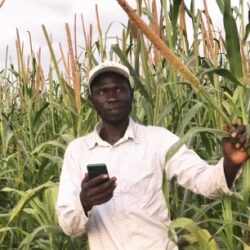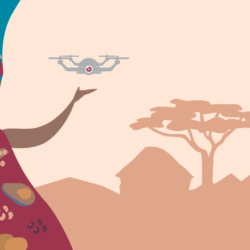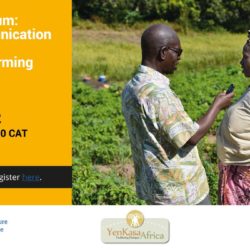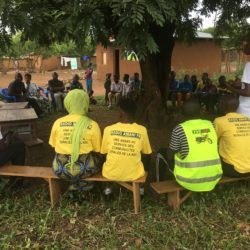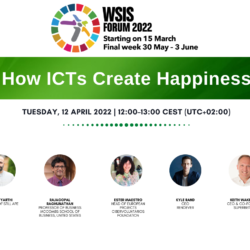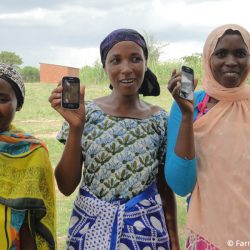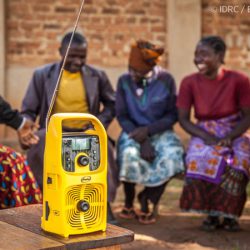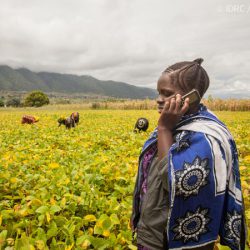Digitalizing agriculture in rural Senegal
Digital tools can help offset uncertainties in weather patterns caused by climate change. In Nioro, Senegal, Mamadou Drame, a father of four children, now looks down at a screen instead of up at the skies to understand the weather and know what to plant. Historical rain cycles have become increasingly unreliable because of climate change, upsetting patterns of planting and harvesting. Thankfully, digital innovations have stepped in, assisting him to

